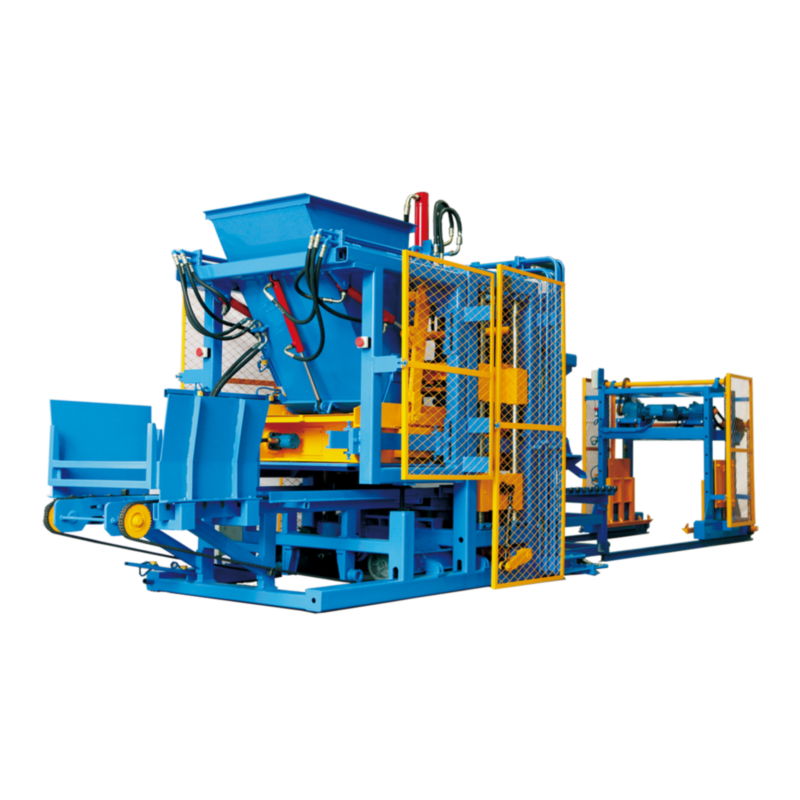In computer programming, the term “machine blocks” is not a common term, but there are different types of blocks used in programming. Here are some examples:
Control blocks: These are used to control the flow of a program. Examples include if/else statements, loops (such as for and while loops), and switch statements.
Function blocks: These are used to define functions or subroutines that can be called multiple times within a program. Function blocks typically take input arguments and may return a value.
Error handling blocks: These are used to handle errors or exceptions that may occur during program execution. Examples include try/catch blocks in Java and Python.
Data blocks: These are used to hold data in a program. machine blocks supplier Examples include variables, arrays, and data structures such as linked lists and hash tables.
UI blocks: These are used to create user interfaces in programs. Examples include buttons, text boxes, and menus in graphical user interfaces (GUIs).
It’s worth noting that different programming languages may use different terms or concepts to describe these blocks, and the specific types of blocks used can vary depending on the type of program being developed.
What are some common errors that error handling blocks can handle?
Error handling blocks are used to catch and handle errors or exceptions that can occur during program execution.
Some common errors that error handling blocks can handle include:
Syntax errors: These occur when the code violates the syntax rules of the programming language. Examples include missing or misplaced parentheses, semicolons, or quotation marks.
Runtime errors: These occur during program execution when the code tries to perform an operation that is not allowed or not possible. Examples include division by zero, accessing an invalid memory location, or trying to perform an operation on incompatible data types.
Logical errors: These occur when the program runs without any syntax or runtime errors, but produces incorrect or unexpected results. Examples include errors in algorithm design, incorrect variable assignments, or incorrect use of conditional statements.
Input/output errors: These occur when the program encounters issues with input/output operations, such as reading from or writing to files or network connections. Examples include file not found errors, network connection errors, or permission errors.
By using error handling blocks, programmers can catch and handle these types of errors in a controlled manner, rather than having the program crash or produce unexpected results.
